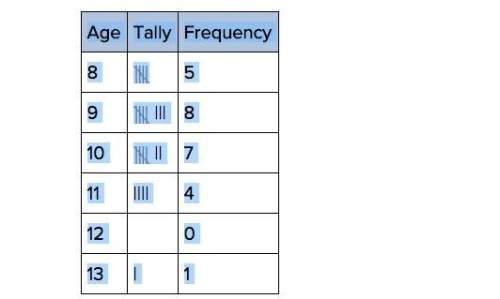
Mathematics, 23.04.2020 19:38 jonystroyer1020
Consider a vibrating quarter-circular membrane, 0 < r < a, 0 < θ < π/2, with u = 0 on the entire boundary. [Hint: You may assume without derivation that λ > 0 and that product solutions u(r, θ, t) = φ(r, θ)h(t) = f(r)g(θ)h(t) satisfy ∇2φ + λφ = 0 dh dt = −λkh d2g dθ2 = −μg r d dr r df dr + (λr2 − μ)f = 0.]
Solve the initial value problem if u(r, θ, 0) = g(r, θ), ∂u ∂t (r, θ, 0) = 0.

Answers: 2


Another question on Mathematics

Mathematics, 21.06.2019 13:30
Geometry answer picture question pls . reason and statements
Answers: 3


Mathematics, 21.06.2019 19:20
Math each whole number with a rational,exponential expression
Answers: 1

Mathematics, 21.06.2019 23:30
Find the directions in which the function increases and decreases most rapidly at upper p 0p0. then find the derivatives of the function in these directions. f(x,y)equals=x squared plus xy plus y squaredx2+xy+y2, upper p 0p0left parenthesis 1 comma negative 4 right parenthesis
Answers: 2
You know the right answer?
Consider a vibrating quarter-circular membrane, 0 < r < a, 0 < θ < π/2, with u = 0 on th...
Questions

Mathematics, 19.11.2020 04:40

Mathematics, 19.11.2020 04:40

Mathematics, 19.11.2020 04:40

Mathematics, 19.11.2020 04:40

Mathematics, 19.11.2020 04:40

Mathematics, 19.11.2020 04:40


Mathematics, 19.11.2020 04:40




Business, 19.11.2020 04:40

Business, 19.11.2020 04:40

Mathematics, 19.11.2020 04:40




Mathematics, 19.11.2020 04:40





